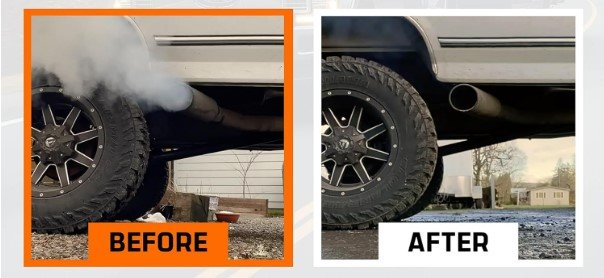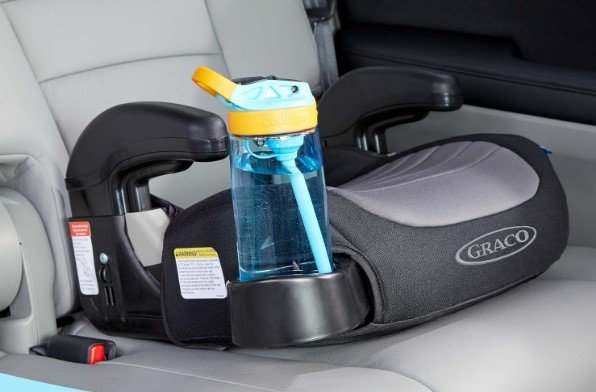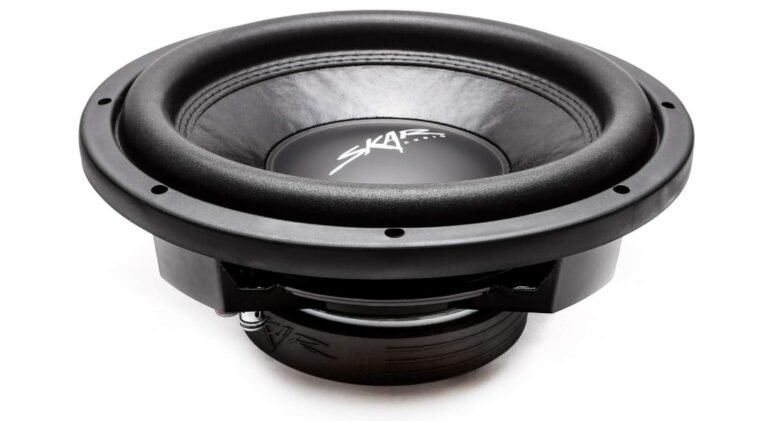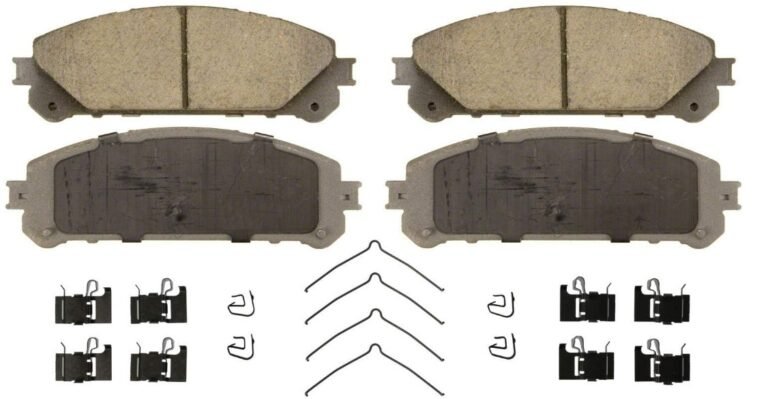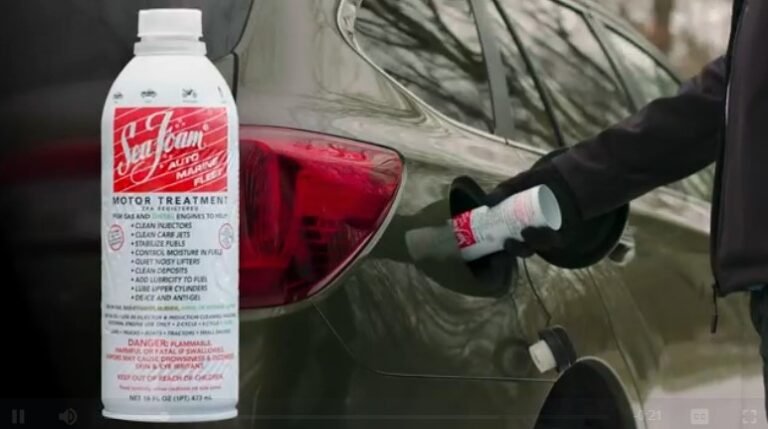What Is the Speed Limit for a Car Towing a Caravan?

You know that feeling. The car is packed. The caravan is hitched. The open road is calling your name. There’s just one problem — what is the speed limit for a car towing a caravan? It’s a question many drivers ask, especially when they’re new to towing or hitting unfamiliar highways.
Speeding in a regular car is risky enough. But throw in a caravan, and the stakes rise fast. It’s not just about avoiding tickets — it’s about safety, stability, and getting to your destination without a hitch. Literally.
I’ve been towing caravans across the UK and Europe for years. Believe me, understanding speed limits when towing is not just a legal formality — it’s a matter of common sense, and sometimes, survival.
Let’s unpack this topic, one lane at a time.
The Simple Answer: Standard Speed Limits When Towing

Here’s a quick breakdown (UK-specific, but I’ll cover other countries soon too):
| Road Type | Speed Limit (Towing Caravan) |
|---|---|
| Built-up Areas | 30 mph (48 km/h) |
| Single Carriageways | 50 mph (80 km/h) |
| Dual Carriageways | 60 mph (96 km/h) |
| Motorways | 60 mph (96 km/h) |
Now compare that to the regular speed limits without a caravan:
-
Single Carriageway: 60 mph
-
Dual Carriageway: 70 mph
-
Motorway: 70 mph
See the pattern? Towing reduces your speed cap — and for good reason. A caravan adds weight, wind drag, and reduces maneuverability.
Key Reasons Why Towing Speed Is Lower:
-
Reduced braking power
-
Increased stopping distance
-
Higher risk of trailer sway
-
Narrower overtaking margins
You may feel confident cruising at 70, but even the best drivers are humbled when a gust of wind wobbles the caravan like a jelly on wheels.
Real Talk: Why These Limits Exist (A Story From the Road)
Let me tell you what happened on the M5 a few summers ago.
I was towing my trusty Bailey caravan down to Devon. Weather was fine, traffic light. I was tempted to push it to 65 mph on the motorway — it felt safe. Then, out of nowhere, a coach passed me at full speed. The resulting wind gust caught the caravan and caused a violent sway. I managed to regain control, but I’ll never forget the adrenaline rush.
That’s when I realized — those speed limits aren’t just bureaucratic red tape. They’re lifesaving guidelines.
Do Speed Limits Vary By Country?
Absolutely. If you’re planning to tow across borders, you better brush up on local laws. Let’s look at some examples:
| Country | Motorway Towing Limit | Notes |
|---|---|---|
| UK | 60 mph | Caravan must not exceed 7m body length |
| France | 80–90 km/h (50–56 mph) | Lower in rain; 110 km/h if trailer is under 3.5t and driver has special permit |
| Germany | 80–100 km/h (50–62 mph) | 100 km/h only if trailer is TÜV-approved |
| Australia | 100 km/h (62 mph) | Some states have no separate limit |
| USA (varies by state) | 55–65 mph (89–104 km/h) | California = 55 mph for towing |
Always check local towing rules before your trip. Some countries are stricter than others — and ignorance won’t save you from a fine.
Speed Limit vs. Safe Speed — There’s a Difference
Here’s the kicker: just because the legal speed limit for a car towing a caravan is 60 mph, doesn’t mean that’s always safe.
A good rule of thumb from experienced caravaners is:
“Drive to the conditions, not the limit.”
Let’s say:
-
It’s raining.
-
The caravan is fully loaded.
-
There’s a crosswind.
In that situation, even 50 mph can be pushing it.
Think of towing like dancing with a partner. You don’t rush the steps. You move in harmony. If the road starts misbehaving, slow down and take the lead.
⚠️ What Happens If You Break the Limit While Towing?
Let’s be blunt — it’s serious.
If you’re caught exceeding the speed limit while towing a caravan, here’s what could happen:
-
Fines: Up to £100 or more depending on severity.
-
Penalty Points: Up to 6 points on your license.
-
Insurance Issues: Premium hikes or policy invalidation.
-
Danger: Trailer sway, accidents, rollovers.
You’re also likely to be stopped for:
-
Unbalanced loads
-
Overweight caravans
-
No extended towing mirrors (yes, that’s a thing!)
So it’s not just about watching the needle on the speedo — it’s about towing responsibility as a whole.
Towing Setup Affects Your Safe Speed
Don’t underestimate your rig setup. The combination of car and caravan has a huge impact on stability and speed.
Things that influence safe towing speed:
-
Weight ratio (car vs caravan)
-
Braking system on caravan
-
Type of hitch (stabilizers help!)
-
Load distribution (keep heavy items low and centered)
An underpowered car towing a heavy caravan on a hilly road is a recipe for overheating brakes and strained engines.
Here’s a checklist before towing at speed:
-
✅ Is the caravan below 85% of car’s kerb weight?
-
✅ Are tires inflated to towing pressure?
-
✅ Is everything secured inside?
-
✅ Do you have towing mirrors installed?
You can’t cheat physics. A good setup makes the difference between a smooth glide and a white-knuckle ride.
Quick Tips to Stay Within the Speed Limit When Towing
Here are some practical ways to avoid accidentally speeding:
-
Use cruise control on motorways (but only when it’s safe).
-
Use a GPS or app that shows speed limit for towing.
-
Install a dash display with towing-friendly readouts.
-
Practice towing in quiet areas to get a feel for braking and acceleration.
-
Check speed signs — especially in rural and hilly areas.
You’re not just driving for yourself anymore — you’re responsible for an entire mini-home behind you.
Does Caravan Weight or License Type Affect the Speed Limit?
Absolutely — and this is a part many people overlook.
While the speed limit for a car towing a caravan doesn’t technically change based on your caravan’s weight, your ability to legally tow it does. That, in turn, can impact how safely you can reach or stay within the speed limit.
Here’s what matters:
✅ Your Driving License:
-
UK licenses issued before 1 January 1997: You can usually tow up to 8,250 kg MAM (maximum authorized mass).
-
Licenses issued on or after 1 January 1997: You can tow up to 3,500 kg MAM (combined weight of car + trailer).
If you’re towing a larger caravan, you may need to take a B+E test or risk driving illegally — which can void your insurance.
✅ Your Caravan’s Weight:
-
If the caravan is heavier than 85% of your car’s kerb weight, many experts advise against towing it at all.
-
A heavier caravan has more momentum. That means longer braking distances and less control at higher speeds.
-
Towing uphill? The heavier the load, the harder your engine and brakes work.
In short — you may be legally allowed to tow at 60 mph, but if your rig is heavy and your license isn’t right, you’re rolling into danger territory.
️ How Terrain Impacts Your Towing Speed
You could be on the open motorway one moment, and winding through the Welsh hills the next.
Terrain plays a big role in how fast you should be going, even if the speed limit for a car towing a caravan remains legally unchanged.
Let’s break it down:
⛰️ Hilly or Mountain Roads:
-
Use low gears going uphill and downhill.
-
Brake early and gently — avoid riding the brakes.
-
Watch out for crosswinds near ridges and valleys.
-
Keep to below 50 mph in sharp curves or inclines.
️ Urban & Residential Areas:
-
Stick to 30 mph or less.
-
Be extra cautious of tight turns, cyclists, and parked cars.
-
Use towing mirrors to improve rear visibility in narrow roads.
️ Windy, Rainy, or Icy Conditions:
-
Reduce speed by 10–15 mph below the limit.
-
Don’t brake suddenly — you could jackknife.
-
Take wider turns and maintain extra space around your rig.
When terrain changes, your driving style must adapt. Always let the conditions — not just the signs — guide your speed.
Mastering Towing Techniques to Avoid Trailer Sway
Trailer sway is every caravaner’s nightmare. One minute, you’re steady. The next, the caravan starts fishtailing across the lane like a snake on ice.
Trailer sway is often caused by:
-
Driving too fast
-
Crosswinds
-
Sudden lane changes or sharp turns
-
Incorrectly loaded caravans
-
Low tire pressure
Here’s how to avoid it:
-
Stay well below the limit if it’s windy.
-
Use anti-sway hitches or stabilizers.
-
Distribute weight evenly — don’t overload the rear.
-
Drive smoothly — no sudden moves.
-
If sway starts: don’t brake hard. Ease off the accelerator and steer straight.
Imagine towing as guiding a kite on a windy day. Too much pull, and it flies away. Too little control, and it crashes. You’re the steady hand.
✅ Final Safety Checklist Before You Hit the Road
Before you head out, go through this simple but powerful checklist to ensure you’re towing legally, safely, and within the speed limits:
Pre-Towing Checklist:
-
✅ Check your license category allows towing.
-
✅ Confirm caravan weight is within 85% rule.
-
✅ Inspect brake lights and indicators.
-
✅ Fit towing mirrors.
-
✅ Secure all items inside the caravan.
-
✅ Set tire pressure to towing specifications.
-
✅ Hitch and stabilizer are properly fitted.
-
✅ Practice reversing and turning in a safe space.
-
✅ Plan your route to avoid steep climbs or sharp descents.
Getting this right means fewer surprises and a more relaxing trip — and let’s be honest, that’s the dream when you’re off caravanning.
♂️ Frequently Asked Questions (FAQs)
1. What is the speed limit for a car towing a caravan in the UK?
The UK speed limit for a car towing a caravan is:
-
60 mph on motorways and dual carriageways
-
50 mph on single carriageways
-
30 mph in built-up areas
2. Can I tow at 70 mph on the motorway if it feels safe?
No. Even if conditions feel safe, the legal limit is 60 mph when towing a caravan on UK motorways.
3. What happens if I break the towing speed limit?
You may face:
-
Fines up to £100+
-
Points on your license
-
Higher insurance premiums
-
Potential insurance invalidation in case of an accident
4. Are towing mirrors required by law?
Yes. If your caravan obstructs rear visibility, you must fit extended towing mirrors, or face fines up to £1,000.
5. How do I check if my car can legally tow a specific caravan?
Check your car’s kerb weight in the manual and apply the 85% rule. Use an online towing compatibility calculator for accuracy.
6. Can trailer sway happen even if I follow the speed limit?
Yes. Trailer sway can be triggered by wind, road conditions, or incorrect loading — even at legal speeds. Drive cautiously and use stabilizers.
7. Is cruise control safe when towing?
Use cruise control only on flat, dry, and straight roads. Avoid it on hills or in wet conditions, as it may reduce driver responsiveness.
8. Do speed limits differ when towing in Europe?
Yes. Each country sets its own towing limits. Always research destination-specific laws before traveling abroad with your caravan.
Wrapping It All Up: Drive Smart, Tow Safe
Let’s bring it home. If you remember nothing else, remember this:
“The speed limit for a car towing a caravan is not a target — it’s a ceiling.”
Stick to it, adjust when needed, and don’t be afraid to slow down. The point of towing a caravan is to enjoy the journey — not race to the campsite.
With the right setup, proper understanding of speed laws, and a good dose of respect for the road, towing becomes more than just a driving task — it becomes a peaceful, empowering experience.
So next time someone asks you, “what is the speed limit for a car towing a caravan?” — you’ll have the facts, the wisdom, and a few stories to share too.

